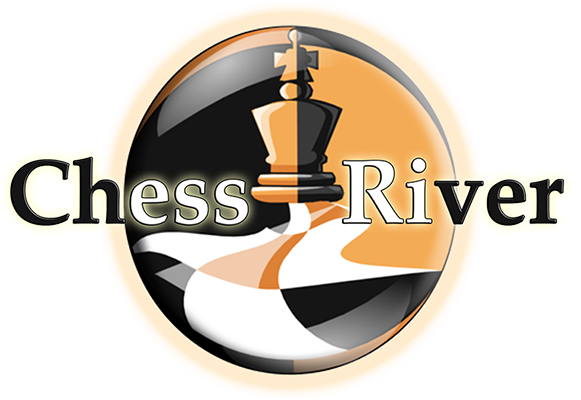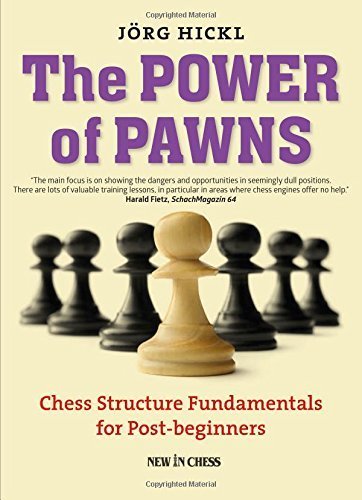Chess Structures Fundamentals for Post-Beginners
If you want to improve at chess, you must know the characteristics of typical pawn formations.
Understanding the pawn structure is a key tool when you are evaluating a position on the board. One simple pawn move can ruin your position or win the game. Post-beginners should know the basic essentials of chess structures and that is what this modern training manual focuses on.
Experienced chess teacher Jörg Hickl helps you to:
- Assess the strengths and weaknesses of pawn structures
- Recognize strategic patterns
- Identify how you can improve your position
- Develop a plan of action
The Power of Pawns provides common sense guidance and Jörg Hickl uses practical examples to explain typical structures, strategies and plans.
His tips and exercises are both highly enjoyable and to the point.
About the Author
Grandmaster Jörg Hickl (1965) is a former German Champion and a highly experienced chess trainer. He published this book originally in German, titled: ‘Die Macht der Bauern‘.
Reviews
Harry Schaack, KARL magazine: “The didactic concept of the book is admirable. Each chapter defines the structures, explains the typical characteristics and shows the plans for both White and Black. The reader participates by assessing positions and invariably receives useful tips for practical play.”
IM Dirk Schuh, Rochade Europa Magazine: “Jörg Hickl’s explanations are always very to the point and written in an entertaining way, which keeps the reader motivated to continue.”
Harald Fietz, SchachMagazin 64: “The main focus is on showing the dangers and opportunities in seemingly dull positions. There are lots of valuable training lessons, in particular in areas where chess engines offer no help.”
Matthew Sadler, former British Champion: “The author is setting out what you need in order to have a balanced, basic understanding (..) A good way of bringing [club players’] understanding of all pawn structures up to a consistent level.”



